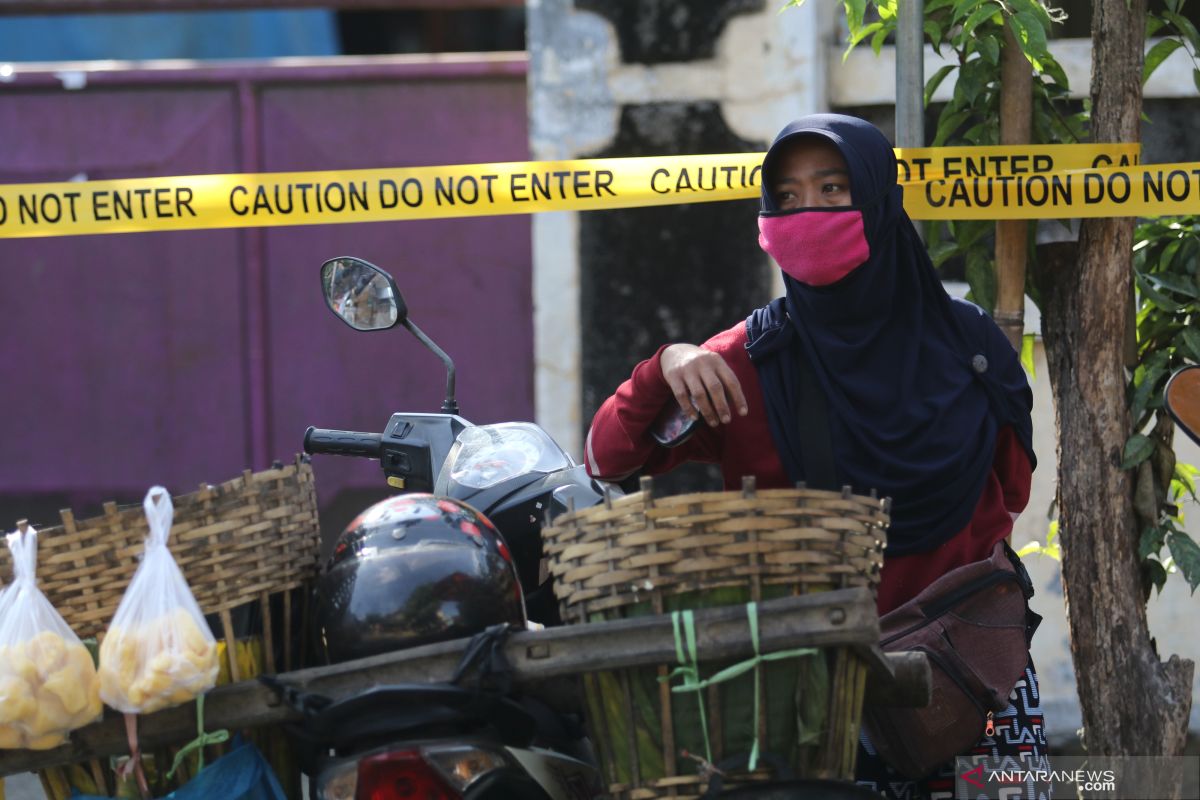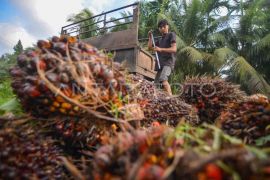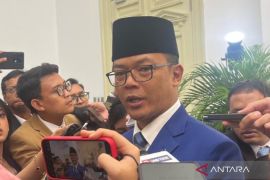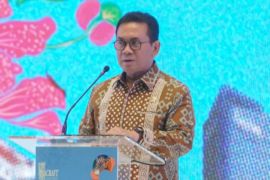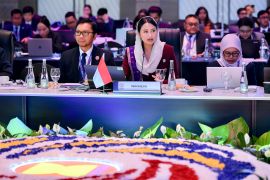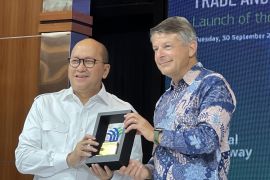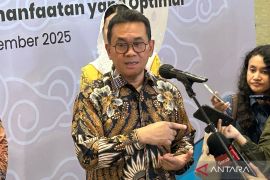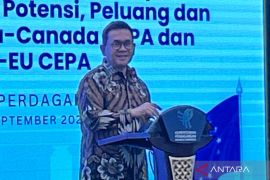Three European NGOs – Stichting World Vision Nederland, Association Federation Handicap International, and Stichting Hivos – teamed up with 8 Indonesian NGOs: Yayasan Wahana Visi Indonesia, Perkumpulan Relawan CIS Timor, Perkumpulan Sasana Inklusi dan Gerakan Advokasi Difabel (SIGAB) Indonesia, Center for Indonesia’s Strategic Development Initiatives (CISDI), Perkumpulan Lingkaran Pendidikan Alternatif untuk Perempuan (KAPAL Perempuan), Perkumpulan Pamflet Generasi, Perkumpulan Untuk Peningkatan Usaha Kecil (PUPUK) and Yayasan Sentra Advokasi Perempuan Difabel dan Anak (SAPDA).
"We are proud to announce the signing of three new grant agreements through our Civil society support programme to mitigate the health crisis caused by COVID-19 and to overcome its economic and social consequences for the citizens of Indonesia, in particular the poor and the vulnerable. We expect that the joint actions of the NGOs will benefit more than 2.9 million Indonesians in eight target provinces," EU Ambassador Vincent Piket said in a statement received in Jakarta, Sunday.
All actions will aim at: responding to the immediate health crisis and the resulting humanitarian needs of marginalised and high-risk populations, such as people with disability, elderly, children under 5 years, youth, pregnant and lactating women, women-headed households, sexual and gender minorities, persons at risk of mental health and psychosocial distress, the immune-suppressed, people living with HIV, and people with chronic diseases such as tuberculosis; strengthening health, water and sanitation systems, as well as Indonesia’s capacity and preparedness to deal with the pandemic; mitigating the immediate social and economic consequences on vulnerable populations, including support to the private sector with a focus on small and medium-sized enterprises, and government reforms to reduce poverty.
The involvement of NGOs is crucial given that they have proven to be the closest organisations to vulnerable groups during the COVID-19 pandemic.
The projects cover eight provinces, namely DKI Jakarta, West Java, East Java, Yogyakarta, East Nusa Tenggara, West Nusa Tenggara, South Sulawesi and North Maluku with an expected implementation period of 18-24 months.
Related news: Indonesia records 1,671 fresh COVID-19 cases, 1,190 recoveries
Related news: Thohir projects full economic recovery by first quarter of 2022
Related news: Regional PSBB relaxation to lower mass layoff potential: Bappenas
Reporter: Azis Kurmala
Editor: Sri Haryati
Copyright © ANTARA 2020
